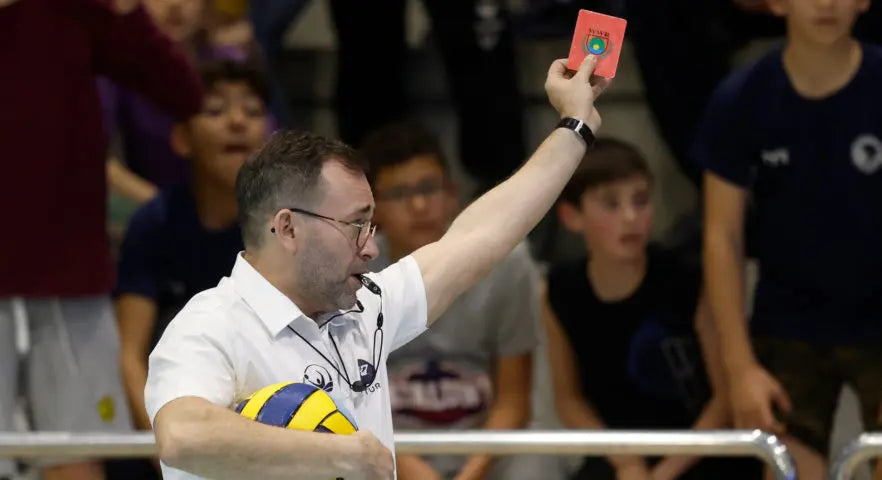Your Cart is Empty
Nice looking, super high quality down to the finest detail. My kid loves them and I can tell they’ll last a very long time.
Great fit, lightweight, and should be mandatory for all youth goalies.
Patriotic daughter loves this ball and the extra goodies. Thank you!



